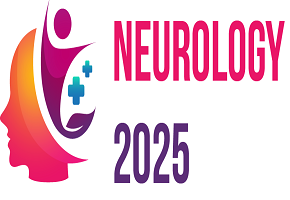Cerebral Blood Flow and Metabolism
Cerebral blood flow (CBF) is the blood transfusion to the brain in a given period of time. In an adult, CBF is typically 750 millilitres per minute or 15% of the cardiac output. This compare to an average perfusion of 50 to 54 millilitres of blood per 100 grams of brain tissue per minute.An increase in hydrogen ion concentration lead to increased cerebral blood flow. A decrease in blood viscosity will increase cerebral blood flow. An increase in carbon dioxide levels results in increased cerebral blood flow.
Metabolism depends on a continuous circulatory supply of glucose and oxygen to neurons and astrocytes. In astrocytes, glucose is partly converted to lactate, which is then released in the extracellular space and taken up by neurons.With neuronal activity, lactate oxidation increases.
Related Sessions
Tags
- Cerebral Blood Flow and Metabolism
- Cerebral Blood Flow and Metabolism Conferences
- Cerebral Blood Flow and Metabolism Congress
- Cerebral Blood Flow and Metabolism Meetings
- Cerebral Blood Flow and Metabolism Events
- Cerebral Blood Flow and Metabolism Summit
- Cerebral Blood Flow and Metabolism Symposium
- Cerebral Blood Flow and Metabolism Workshop
- Cerebral Blood Flow and Metabolism Exhibitions
- Cerebral Blood Flow and Metabolism Expo
- Cerebral Blood Flow and Metabolism Meet
- Cerebral Blood Flow and Metabolism Online Events
- Cerebral Blood Flow and Metabolism Hybrid Event
- Cerebral Blood Flow and Metabolism Webinars
- Cerebral Blood Flow and Metabolism World Conferences
- Cerebral Blood Flow and Metabolism World Congress
